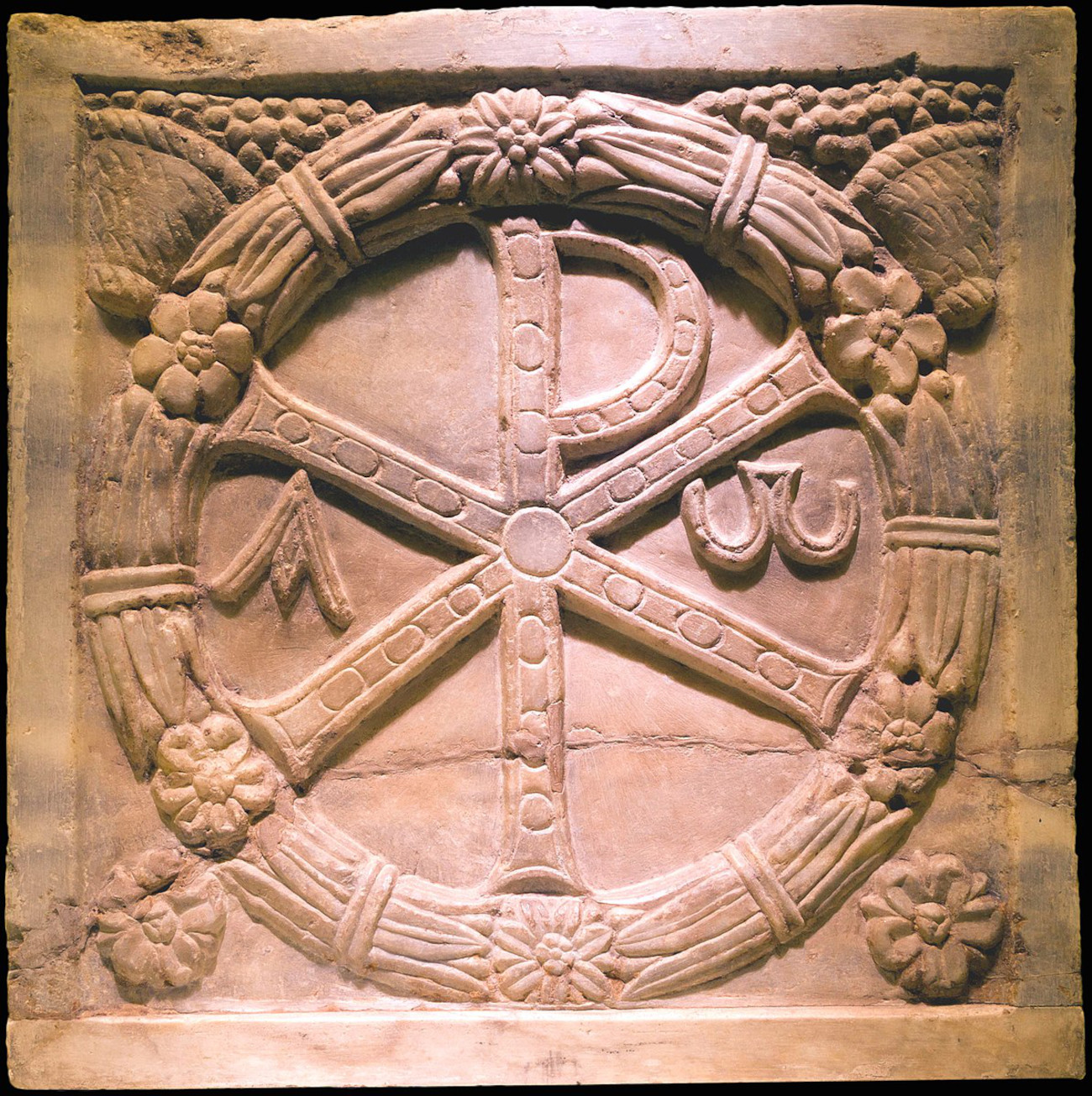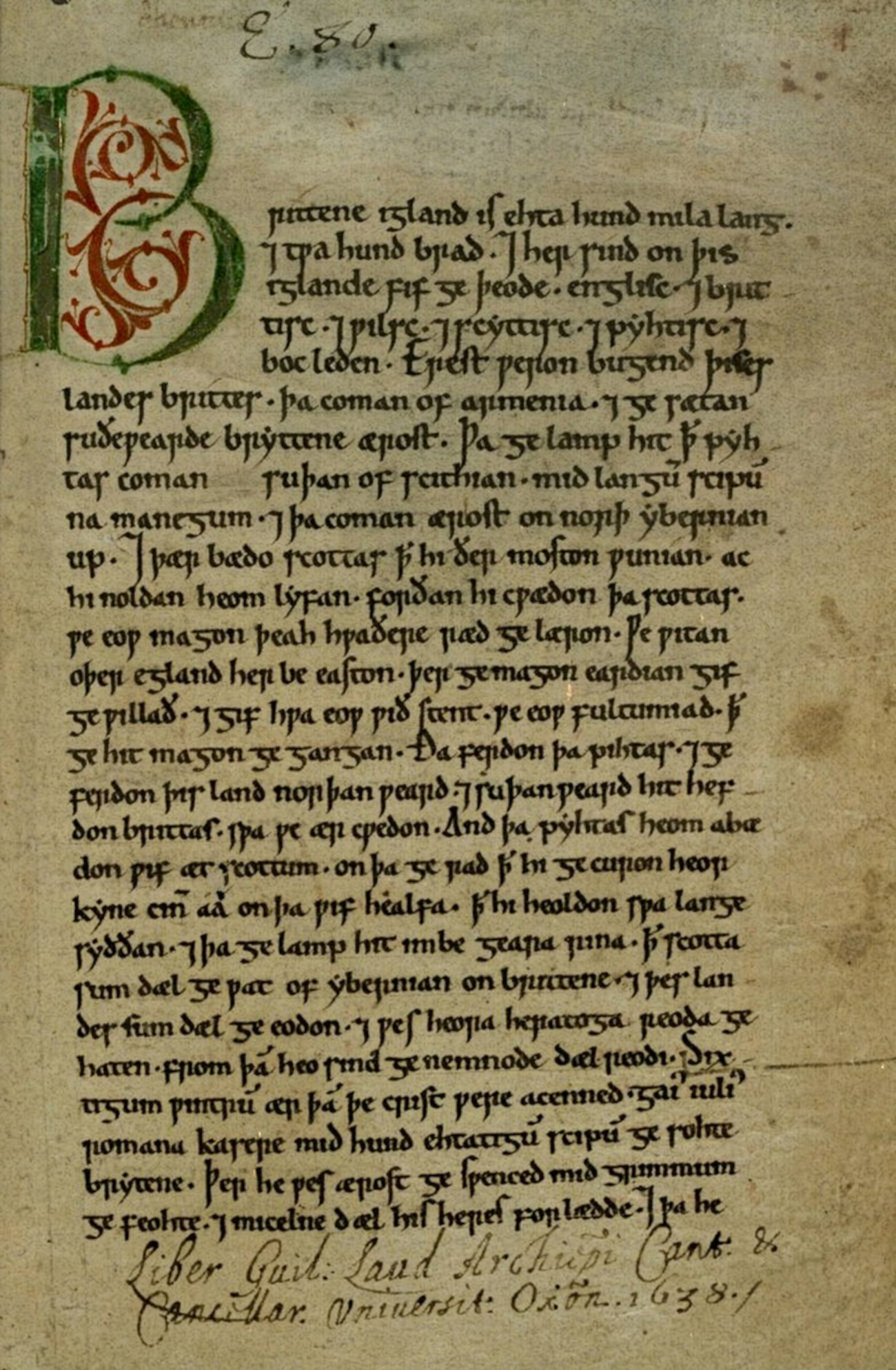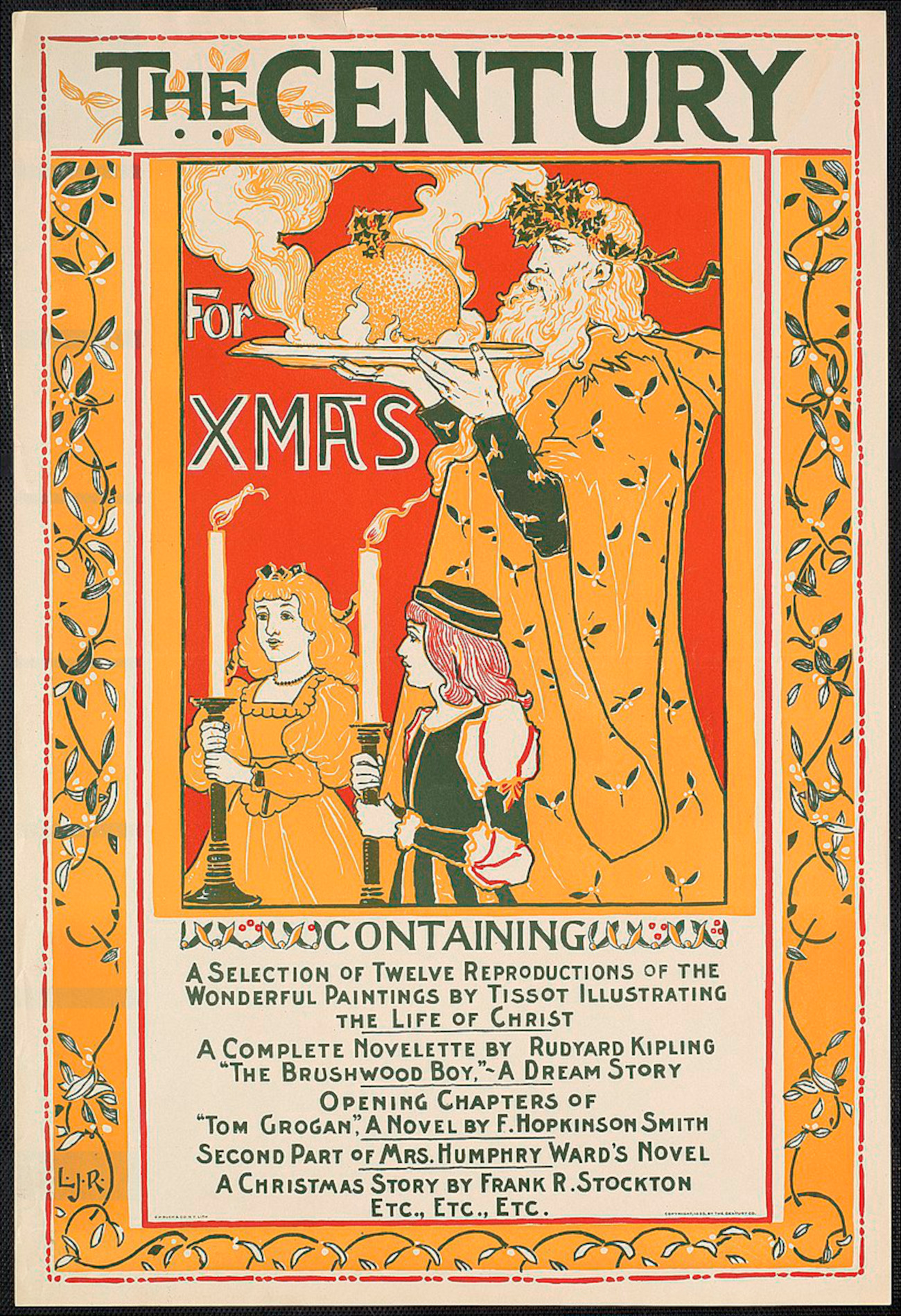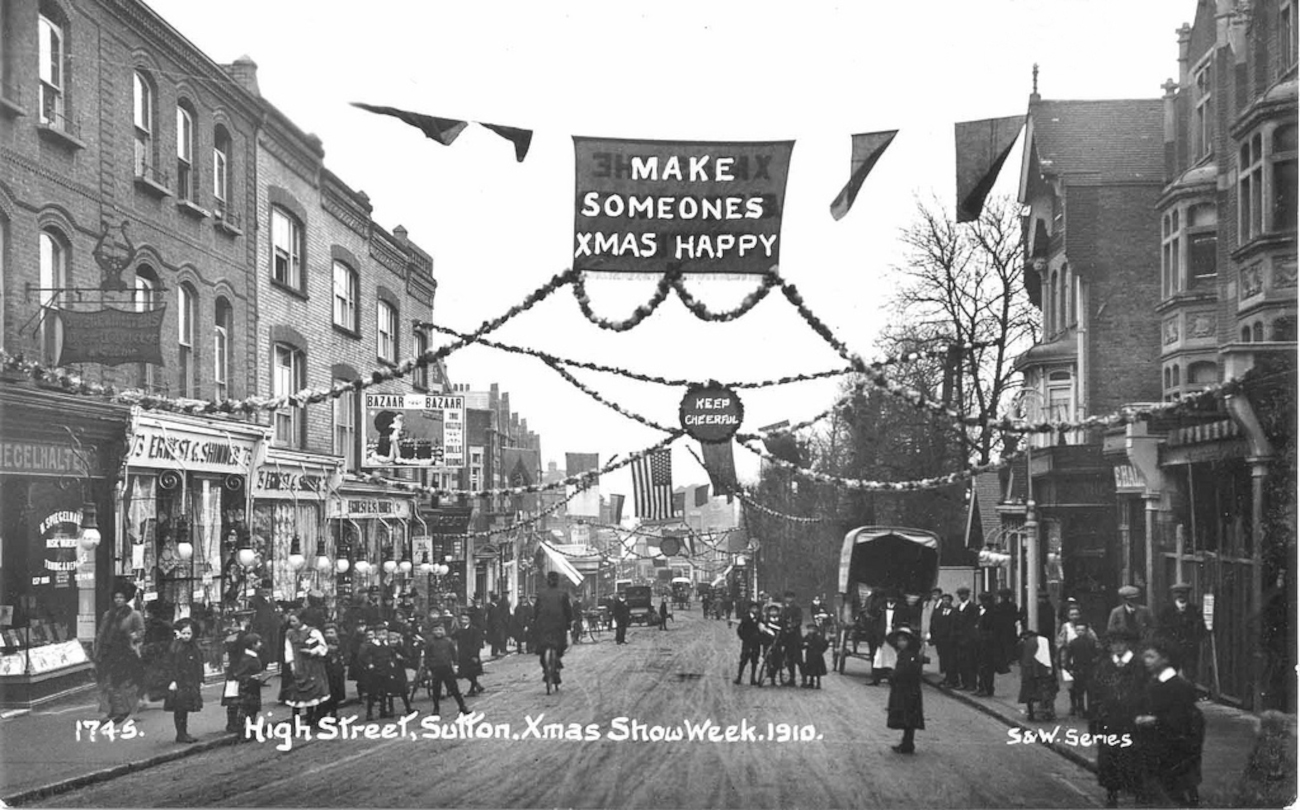You won’t see Xmas during a Christmas service, religious songbooks, or any greeting card. In fact, when people hear Xmas, they can take offense, seeing the abbreviation as a secular, commercialized word, void of any cultural and religious context. This term is actually not a capitalist-society-derived word, but an ancient term used during Christmas time, dating back many years.

Rewind to the Roman Era, and you’ll find Constantine the Great, one of the early Roman Emperors who spread and popularized Christianity. The story goes that on the eve of a battle, he envisioned an image of Christ consisting of two Greek letters chi and rho — Xp. In Greek, the chi is written as an X, and rho is a processor of an R sound. Instructing his soldiers to draw the image on their battle shields, their victory supposedly bolstered Constantine’s faith.

The X or Xp popped up throughout history. An Anglo-Saxon 1021 manuscript used Xpmass to refer to Christmas. A 1551 document called it X-temmas and a 1721 document used the modern day recognizable form of Xmas. In the 19th century, xmassing was even considered a verb. None of these examples are secular in any way. Xmas still contained and maintained religious meaning and was used as a form of shorthand writing.

In fact Xmas may be older than the long-form word Christmas itself. The first real written word of Christmas didn’t occur until the 11th century, Christes Maesse, first appeared, making the term Christmas younger than the term Xmas.

Today we think of the consumeristic cling of a checkout register, x-ing out Christmas, but history shows that there is more meaning to the shortened form of the word.













